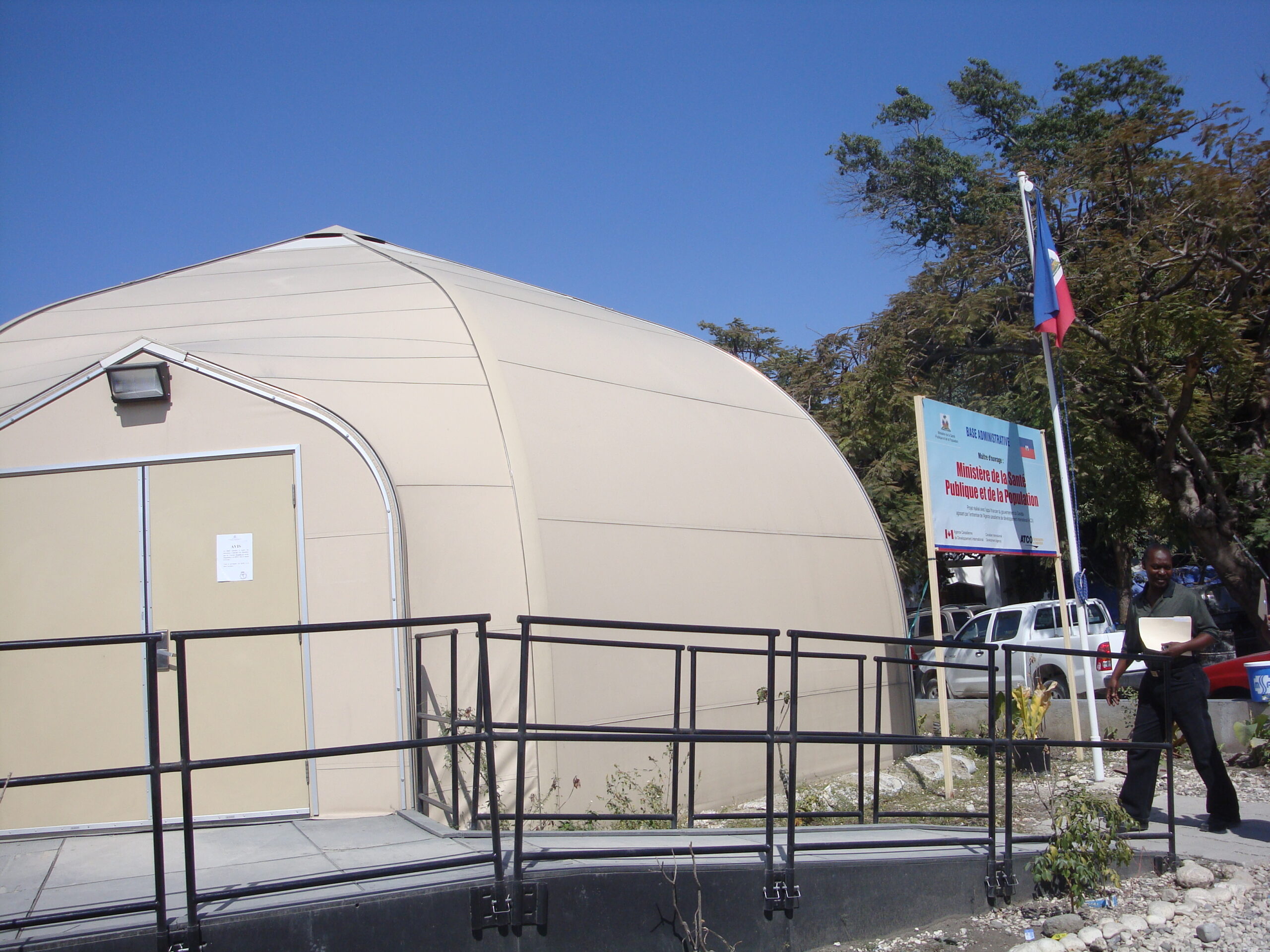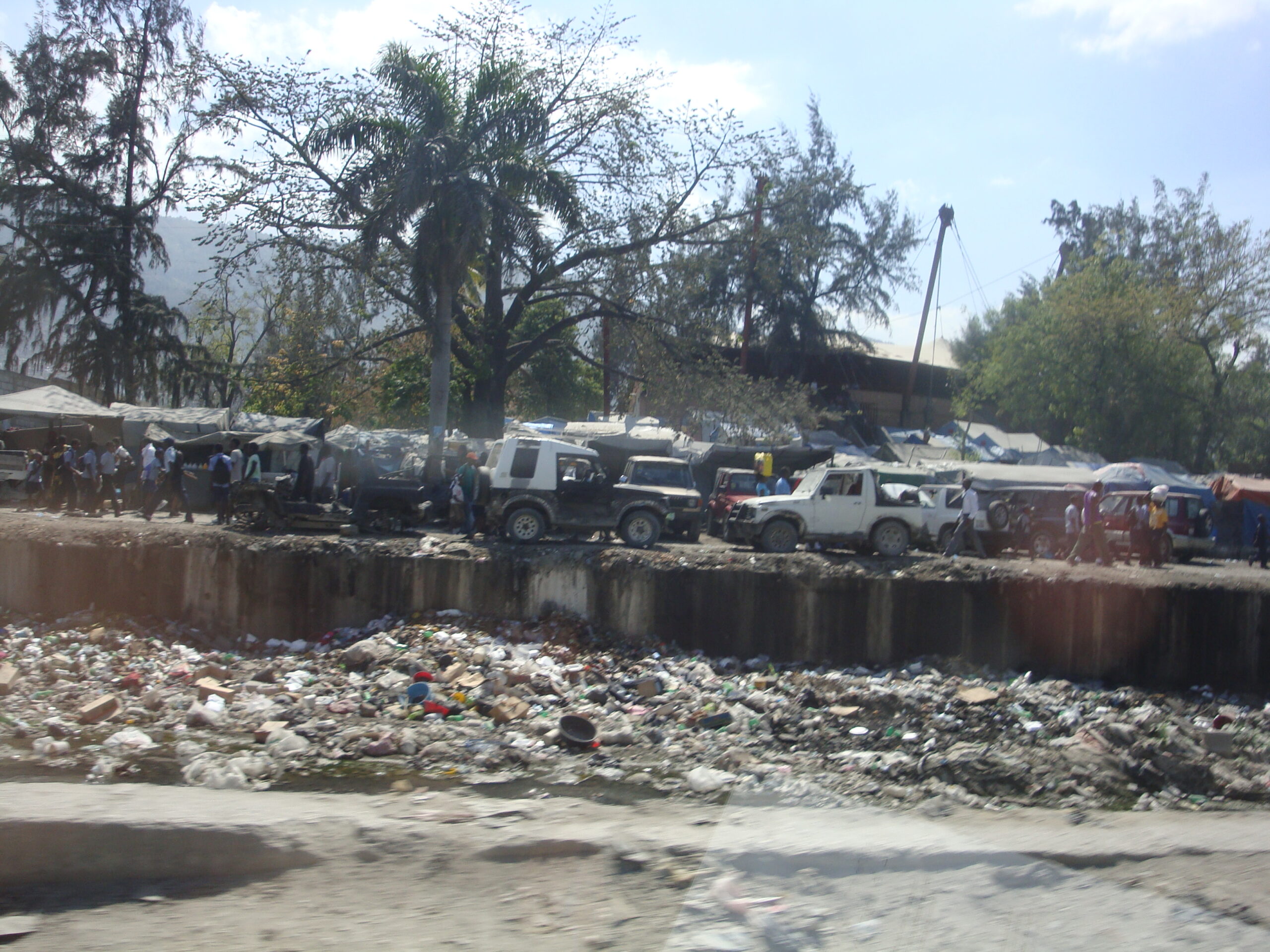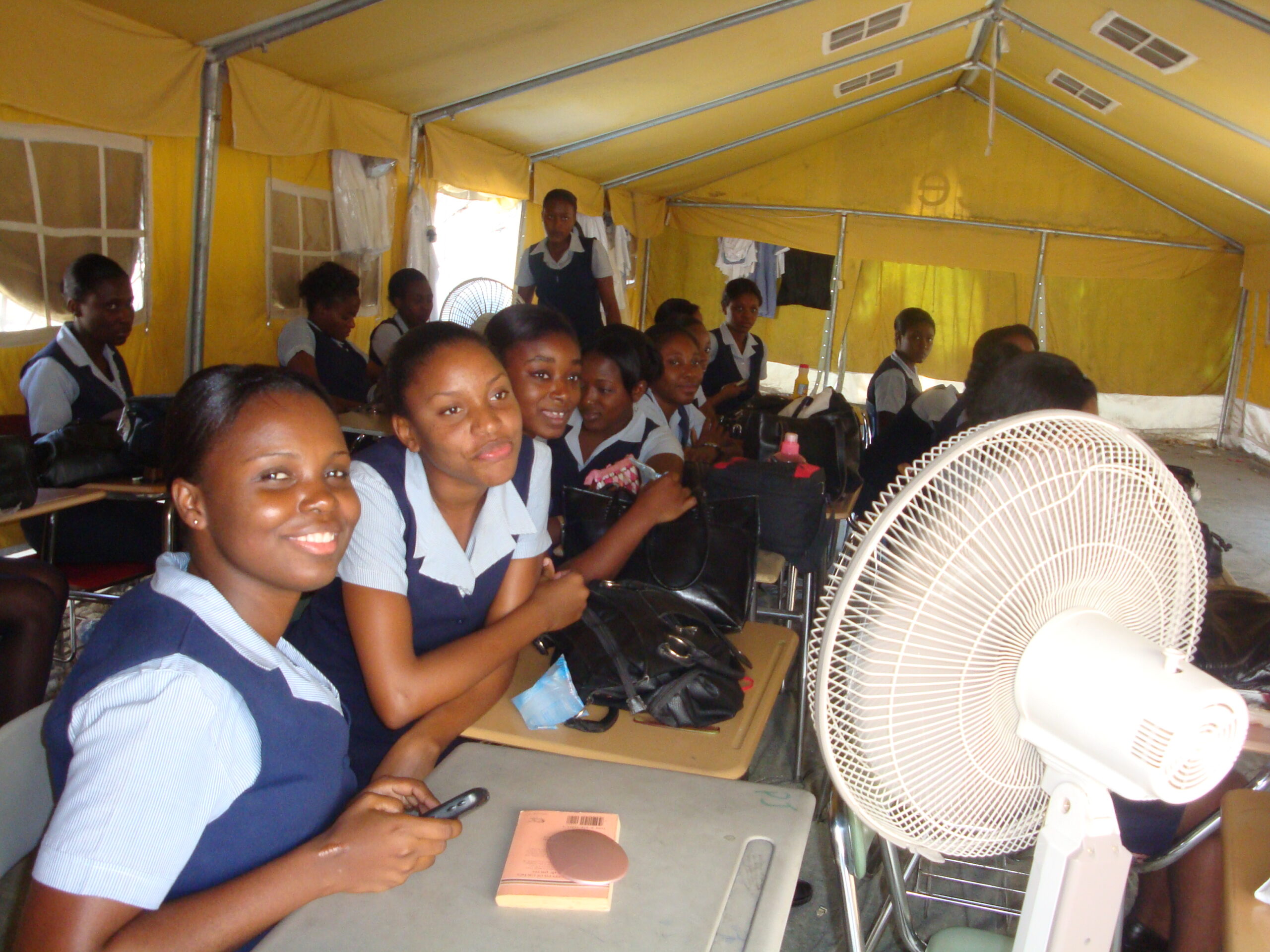
Last week, I returned from a brief trip to Port-au-Prince. We performed an advanced situational analysis for a research project re: Abuse and Violence against women and girls in the tent camps following the January 2010 earthquake. My colleague and companion was Dr. Gloria Callwood, professor at the University of the Virgin Islands SON and P.I. of the NIH-funded project.
Our goal was to assess conditions in Port-au-Prince with respect to our project and anticipated activities, and to consult with key people in the Haitian government and some of the principle non-government organizations that could shed some light on our project topic and operations.

The trip went well in terms of our goals and objectives. We met with people from morning until night for two and a half days, traveling many miles up and down the dusty, hilly roads that make up Port-au-Prince. We learned good things and difficult things, but all of it will be important as we proceed with the next steps of planning focus groups and data collection.
We ironed out – or tried to iron out – a myriad of logistical issues, such as housing, payment of local staff, internet and electricity, office space, etc. These are all major challenges that will need to be resolved before the research can get underway.

For me, it was trip of mixed feelings. On the one hand, it was discouraging to see so little evidence of rebuilding in the city. Everywhere we went, there were tent camps for thousands of people, and the once-bright tents are now rather shabby looking and worn. There is trash everywhere and our driver had to negotiate the rutted streets that often had piles of rubble still from the earthquake. It has been over a year since the earthquake; one would hope for more obvious progress.

At the same time, the city is bustling with activity—children walking to school, adults selling their wares along the streets, taptaps overfilled with people. In those ways, life goes on and people are living—though the standards of living remain horribly poor.
One of the most heartening moments was when we visited the nursing school on the grounds of the general hospital. This was the hospital I worked in as a relief worker, in January and February of 2010, and during those weeks, witnessed the collapsed nursing school where a class of students and their teacher were crushed to death.

Today, the rubble of the old school has been removed, and 4 UNICEF tents are filled with students, staff, supplies, and everything else. The nursing school, like so many other organizations and businesses, is operating out of the big tents. The students are working very hard. Mrs. Nazaire, the director of the nursing school, told us that they reorganized the students’ schedule so that they are in school or clinical practice 6 days per week, with no vacations, so that they can finish school ASAP. There is such a need for nurses and they lost months of school following the earthquake. She took me around to each of the classes, introduced me as a nursing professor from the United States, and told them that I worked in their hospital after the earthquake in pediatrics and the ER. They were very smiley and happy to have their picture taken.
Reminders of the cholera epidemic were everywhere. There were posters in the airport, visible as we waited at Passport Control. Billboards about cholera prevention were evident along roadways.

Next week, our own PHN students will head for Haiti, this time to Jeremie, in the southwest corner of the country. Instead of the dusty, fume-filled air of Port-au-Prince, I’m hoping we will enjoy the lovely views of the sea and surrounding countryside. All areas of Haiti have been affected by the cholera epidemic, however, and our students will be bringing their cholera prevention education lesson for Jeremie communities and some rural villages.
